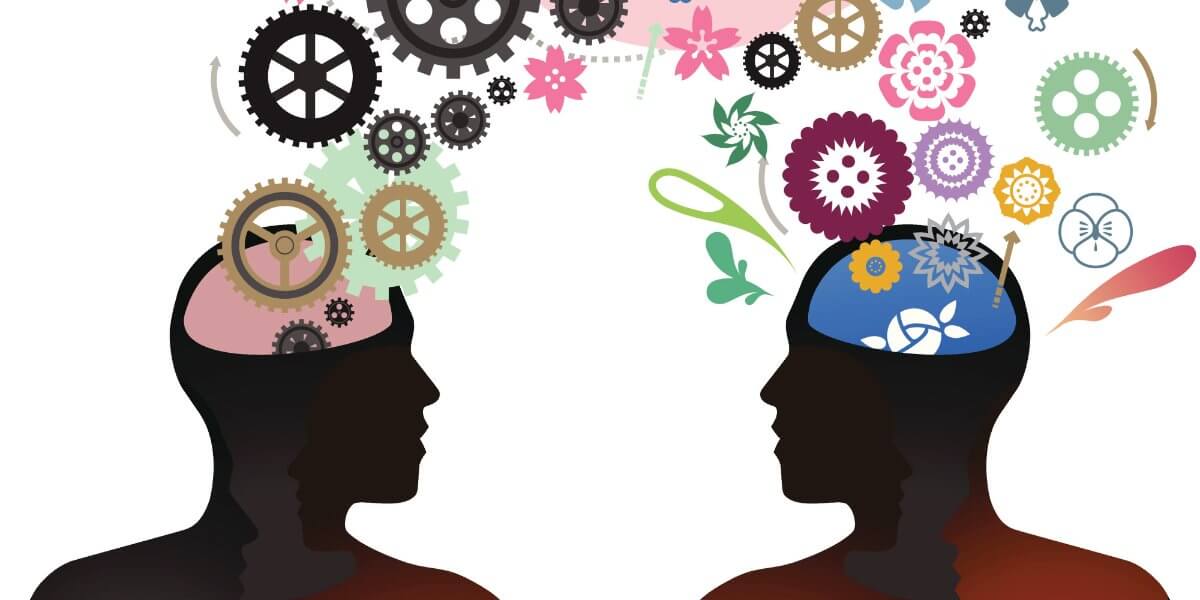
Oct 30 2018 | Tags: Emotional Intelligence, Emotional Capital Report, Emotional Intelligence Training
6 Reasons Why Benchmarking And Developing Your EQ is Not a Personality Assessment
Most organizations have used, or are using some form of psychometric testing. The majority of these tests are well established with sound scientific research and data to back up their approach. And most of these psychometric tests fit into the description “personality test”.
And understanding the personality traits of individuals and the make-up of those in a team can play an important role within organizational development.
But with them comes an inherent problem. According to personality theory, personality traits tend to remain relatively fixed over time and the tests that measure them are therefore inherently static.
Static Primary Responses
Personality traits tend to be ingrained into all of us by the time we are around the age of 21-22 years old. These are your primary responses when faced with certain situations. And, as such, your responses are habitual and tend to be fairly predictable ie. they don’t change a great deal. How often at school reunions do we here the comment, “You haven’t changed a bit, I’d know you anywhere.”
Understanding But Not Development
Personality tests can therefore provide us with real descriptions of both our individual traits and that of our colleagues. As comforting as this can be, this information is static and not necessarily going to change, it does not therefore provide us a direct link to our own or others’ development needs.
Prompting Change But Limiting Options
There are, of course, other limitations. Imagine as a director you wish to place two senior managers together on a project. They are the most experienced in this area, both run teams well and are well respected. Both their personality tests come back to say they are both “dominant” or both are “extroverted” and are therefore likely to clash as part of the same small group. The director might therefore be forgiven for keeping them apart.
EQ Is Dynamic
And although personality and EQ do share some common behavioural elements, our research makes it clear that EQ has a far from simple or straightforward relationship with personality.
EQ is understood as a set of skills and competencies that involve a specific set of applied responses to particular situational challenges, with the goal of creating a more effective and valuable outcome. In other words, people do not need to be extroverts to practice prosocial behaviours that help them influence others. These are behaviours that can be described as relationship skills and can be learnt to solve a socially based problem i.e. influencing others.
Similarly, the personality trait of Agreeableness may relate to the EQ skill of Empathy, but this does not imply that someone high on Agreeableness cannot, with practice, improve their communication by communicating assertively in challenging situations, such as delivering critical feedback or challenging people in power. Interestingly, one of the facets of the trait of Agreeableness is Straightforwardness. People who are genuinely agreeable are often also straightforward.
This is the big fundamental advantage of measuring and developing EQ. EQ is dynamic. It is not simply your ingrained personality but a set of learned secondary responses. These responses, if strong enough, will be able to supersede a primary response. So even somebody producing a “challenged” personality profile can improve their emotional intelligence and be a hugely effective leader. By it’s very nature, EQ it is designed to be improved.
So rather than EQ simply being another measure of personality traits, the data suggests that EQ usefully focuses our attention on skills and competencies that are important in solving the social and emotional challenges confronting us, i.e., how to inspire and influence others, how to make thoughtful decisions under pressure, how to innovate and seize opportunities and how to adapt to change with less wear and tear etc.
Understanding And Development
So by measuring EQ, not only does the individual and their colleagues acquire insight into the emotional forces driving their behaviour, but they also establish a direct link to the behaviours that need to be developed. The positive effect on the individual can be enormous. No longer are they just branded by a letter or a colour, they are given the opportunity to develop insight, learn and develop the behavioural tactics of change.
Giving Greater Options for Organizational Development
Let’s look at our OD example again. Now the director has more, and potentially better, choices available. By understanding and improving a “dominant” manager’s EQ, in particular their relationship skills, they can still be placed together as each has learnt to express behaviour that works to achieve an effective outcome. This enables the best pairing for the project to succeed – and both continue to learn and develop at the same time.
Look To Be Dynamic Not Static
So although I believe there is certainly a place for personality psychometric testing this should not be confused with EQ Benchmarking and Development.
EQ is dynamic and designed not just as a test but as a means of gaining insight into strengths and development needs and, in particular, to identifying a roadmap for development based on the 10 core competencies of emotionally intelligent behaviour. Accordingly, measuring and developing EQ extracts far more value for organisations than simply assessing personality alone.
About the Author:
Martyn Newman, PhD is a clinical psychologist specialising in Emotional Intelligence (EQ) and Mindfulness. Dr. Newman is the author of the best-selling book Emotional Capitalists and newly released The Mindfulness Book, and is the cofounder of RocheMartin. He is also co-author of the Emotional Capital Report™ – the global benchmark for defining, measuring and developing EQ and workplace performance and the ESi – the world’s first tool to help define, measure and build emotional intelligence as it pertains to elite sports performance.








